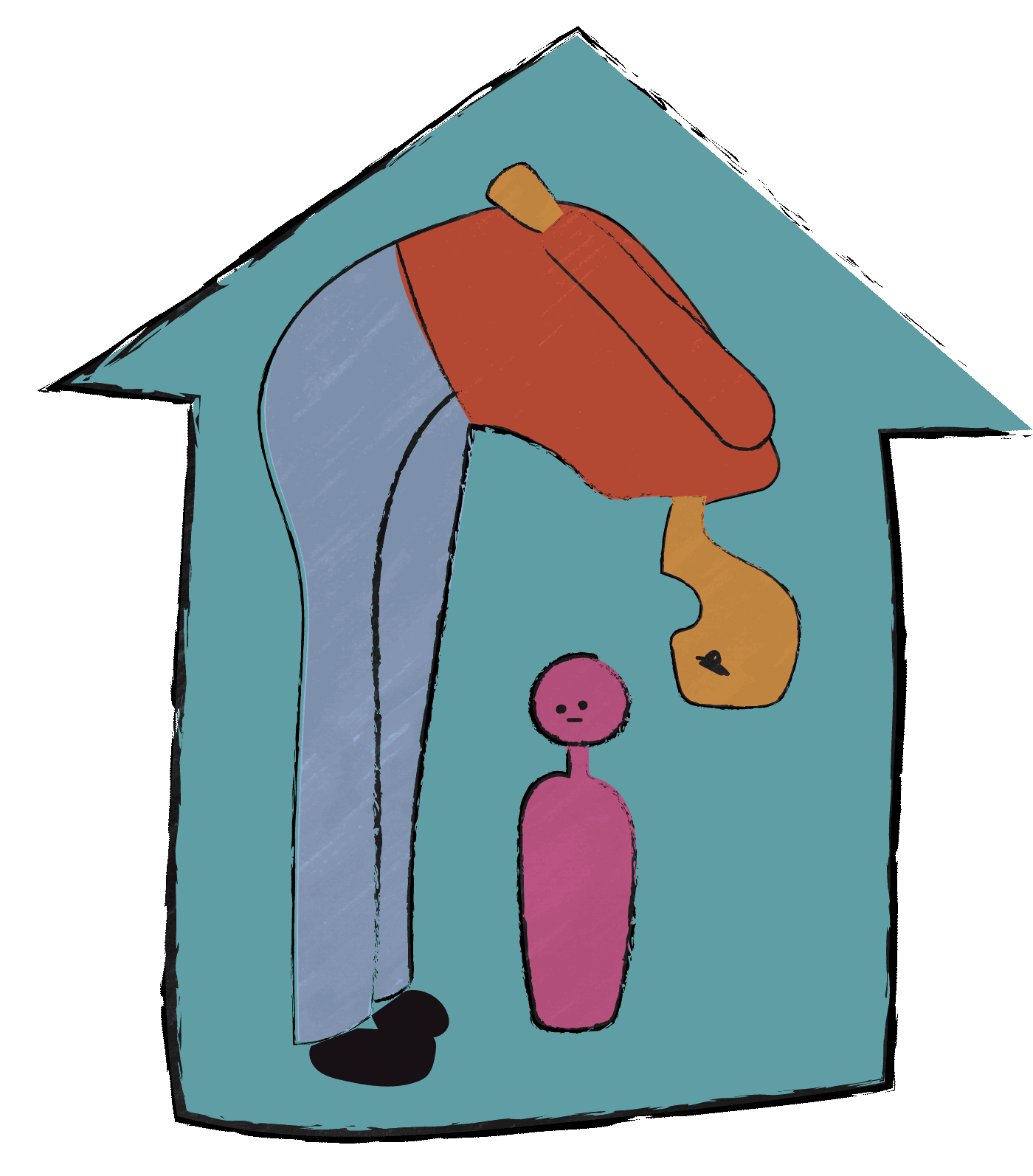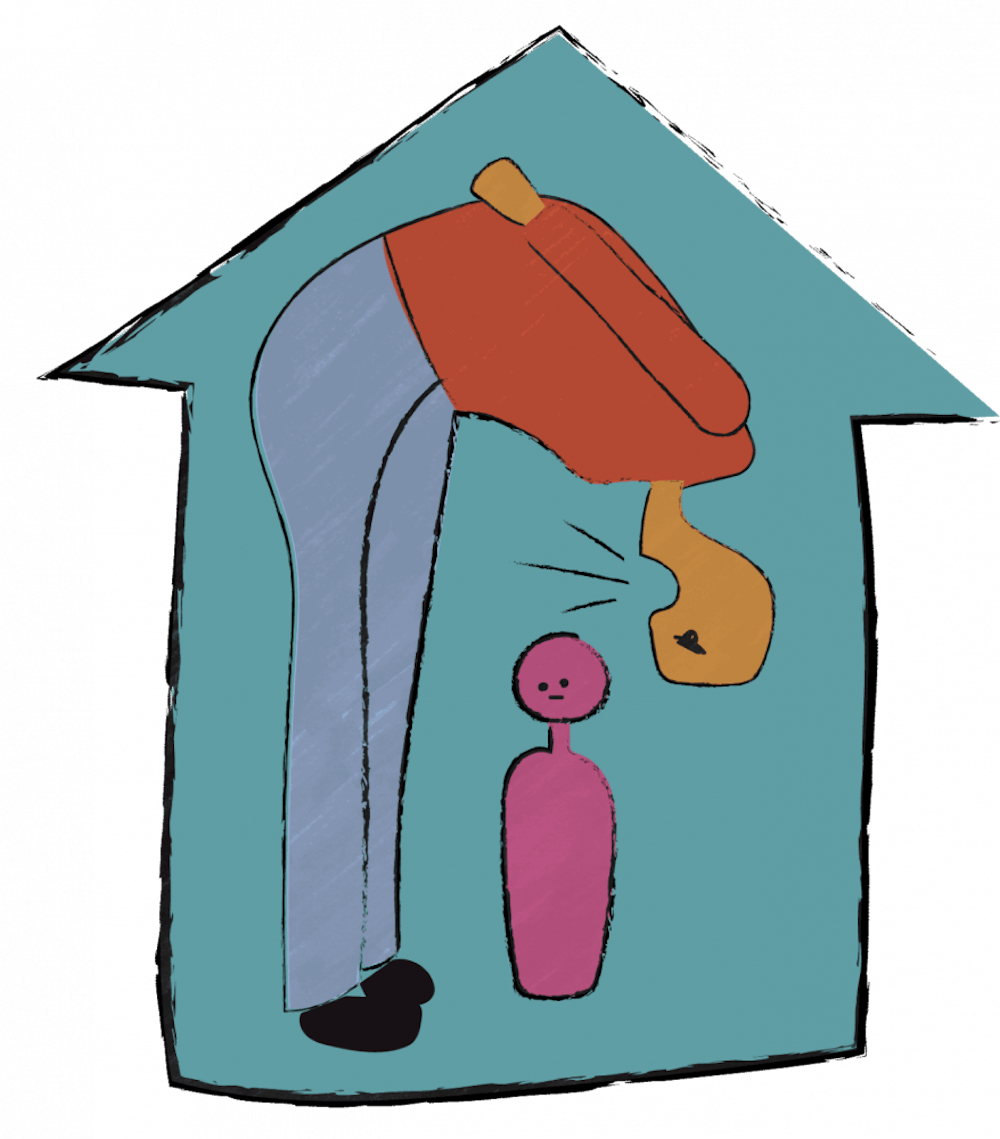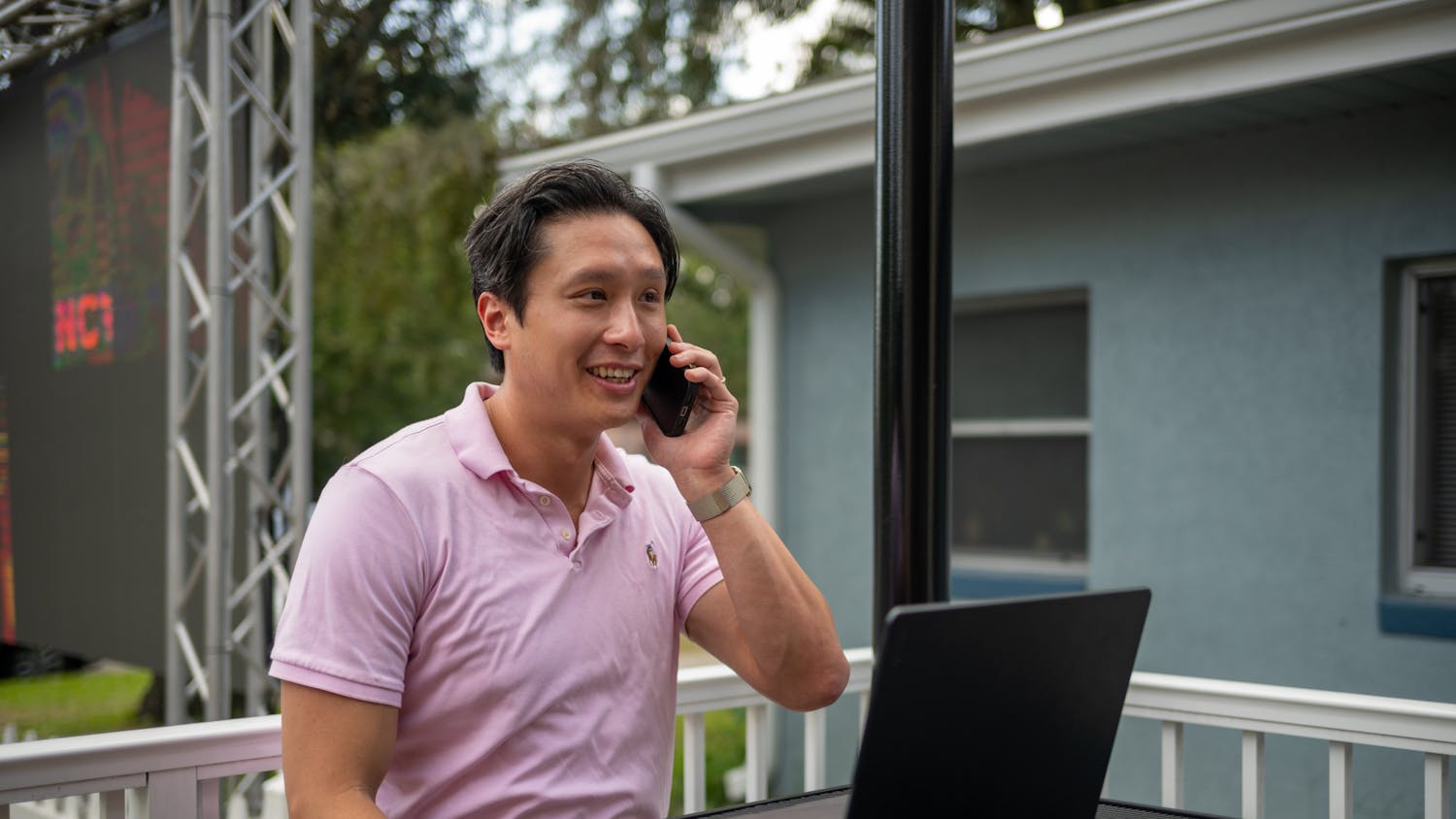
Teachers and school counselors play a key role in protecting children by identifying abuse, but the transition to online learning has separated victims of child abuse from this support system.
Yvonne Scull is used to greeting her second-grade students with hugs and high-fives at the door of her Idylwild Elementary classroom. Now, she waves at her remaining students behind a computer screen.
Due to COVID-19 related school closures, Scull’s second-graders now attend class on Google Classroom, an online learning platform. Student-teacher interaction is limited to Zoom calls, emails and phone calls to parents.
Scull said that of her 20 second-grade students, she’s concerned for the safety of nearly half of them. Still, she’s only able to regularly communicate with about seven since the transition to online learning on May 13.
The Child Advocacy Center (CAC), an organization that provides resources for abused children in Gainesville, had 91 reported cases of child abuse between March 15 and April 30. The same time last year saw twice as many cases.
Teachers and school counselors play a key role in protecting children by identifying abuse, but the transition to online learning has separated victims of child abuse from this support system. This major decrease in reports is cause for concern for both the center and the school system.
Alachua County Public Schools are making efforts to keep students in contact with their school support system to prevent a spike in child abuse cases when students return back to school.
Lisa Sickels works closely with victims of abuse at the CAC. She said there has been a decrease in the number of victims she interviews on a daily basis since schools closed.
“Right now, there are no eyes on children,” Sickels said. “With students back home, there are no teachers or school staff to report abuse.”
Teachers, counselors and all school staff are mandated reporters of abuse in Florida, according to Chapter 39 of the Florida Statutes. This means that any person who knows, or has reasonable cause to suspect that a child is being abused, abandoned, or neglected, is legally required to report their concerns to state welfare agencies or law enforcement.
Children are brought into the CAC by law enforcement or the Florida Department of Children and Families (DCF). John Harrell, communications director for DCF, wrote in an email to The Alligator that when children are on breaks from school, such as on summer vacation, the department’s hotline tends to receive fewer child abuse reports. Harrell said these breaks are a time period when children are not seen regularly by their teachers.
Due to this decrease in reporting, Sickels said the CAC has increased counseling and wellness checks among families the center serves in order to prevent new cases of abuse. However, Sickels said the center is preparing for an influx of cases when more restrictions are lifted.
“Child abuse rates also tend to increase right before the holidays because children are anticipating being in an environment they know is unsafe,” said Karen Pearson, a school counselor at Stephen Foster Elementary School in Gainesville.

Pearson said school counselors, social workers and teachers are often included in a student’s “Trusted Triangle,” three adults who children feel they can go to when they feel unsafe. The “Trusted Triangle” initiative is part of the Safer, Smarter Kids curriculum implemented statewide by the 2011 Florida Legislature.
Lauren Book, a sexual abuse survivor, created the program to teach children how they can protect themselves against abuse.
The in-person instruction of the program’s annual series of lessons was canceled due to the pandemic, Pearson said. But, she said Book put together an online curriculum that is posted every week, and shared with students and families.
Pearson said at the start of virtual learning, students were very engaged in virtual counseling.
“There is a lot of fatigue associated with being on the computer all day, and student involvement rates have dropped off significantly the longer we have been out of school,” Pearson said.
Jackie Johnson, the ACPS spokesperson, said that in addition to teachers remaining in contact with students, school counselors are also available to students and parents in distress through online meetings.
“We are doing our best to reach them, but it is certainly a tough situation for everybody,” Johnson said. “We want families to know that there are resources available.”
One of these resources is the meal distribution program provided by the ACPS. According to Feeding America, 64 percent of students are income-eligible for nutrition programs in Alachua County. With many students relying on free meals given at school, Johnson said the district has continued to provide meals.
Johnson said an average of 20,000 meals a day are given to students and their families at multiple distribution sites. The sites are not only at schools, but also at school bus stops and other local community centers around Gainesville.
The district has also been working with the Alachua County Crisis Center to allocate additional services to families. These include crisis counseling, community trauma response and a care team that responds to families in emergency crisis situations.
“When needed, we are sending staff into the community to make contact with families,” said Johnson.
However, strict monitoring is not enforced for Gainesville’s youngest population. Baby Gator Child Development centers, located on the UF Campus, normally provide care to children ages six weeks to five years old. All three locations have been shut down due to social distancing guidelines.
“Parents are free to participate in as much or as little communication as they like,” Nika Douglas, assistant director for administration at Baby Gator Lake Alice, said. Staff have communicated with families via weekly emails, Facebook pages created by teachers, and Zoom calls.
Even though they are not requiring communication, Douglas said teachers have been able to communicate with all families thus far via Facebook pages, Zoom classes and weekly emails sent out by the administration.
“We have remained in strong contact with our families,” Douglas said. “Since the shutdown of all Baby Gator locations, there have been no suspicions or allegations of child abuse.”
Contact Micayla at mrichardson@alligator.org. Follow her on Twitter @micaylaafaith.





